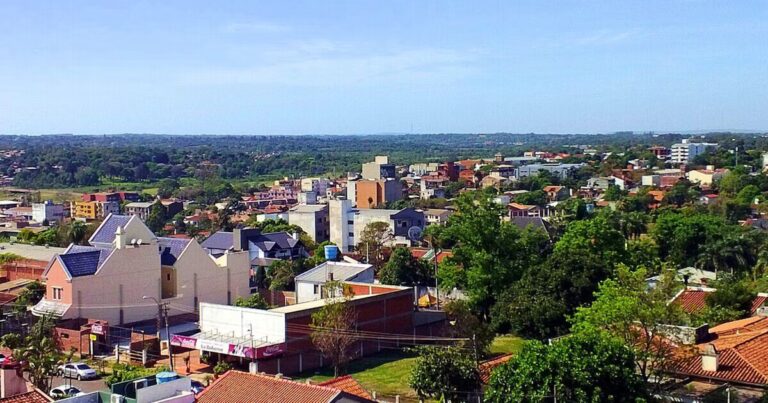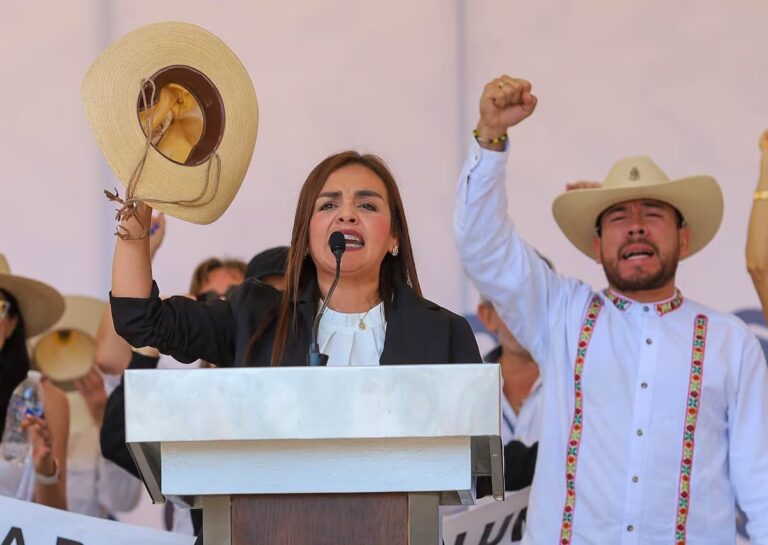
The Board of Directors of the National Agency for Petroleum, Natural Gas and Biofuels (ANP) on Thursday rejected a new integrated development plan for the Barracuda and Caratinga fields proposed by Petrobras and decided to shorten the contract extension for both fields until 2035.
The decision comes amid several delays in the implementation of Petrobras’ current comprehensive development plan, which was approved in 2019, but was granted a 27-year contract extension, backed by investment commitments undertaken by the oil company.
Among the main investments was replacing the P-43 and P-48 production units with new FPSO-type platform vessels, which the oil company has had difficulty adopting, according to several recent statements by board members.
“Continuous monitoring of the ANP has revealed that only a small portion of the investments are being implemented,” said board member Fernando Moura, rapporteur of the process, during an assessment on the subject at a board meeting.
“Petrobras confirmed in response to questions that it is operating on a schedule that is slower than promised, and attributed the delay to organizational disruption caused by the COVID-19 pandemic.”
The Barracuda field produced about 26,000 barrels of crude oil per day in September, while the Caratinga field produced about 11,000 barrels per day, according to the latest data released by ANP. Both are located in the Campos Basin.
By the decision of the ANP Board of Directors, the contractual extension of the production phase of the Caratinga field will be shortened to December 31, 2035, the end of the service life of the P-43 and P-48 production units notified by the oil company.
Additionally, the ANP ordered a study supported by an independent audit report on the maximum service life of P-43 and P-48 units to be submitted by June 30, 2026.
Petrobras did not immediately respond to a request for comment.
Moura said that among the rejected development plans, Petrobras had proposed significant changes to the investment deadline. The company also requested a reduction in royalty rates for increased production.
However, he highlighted a series of delays in contracts for the new platform, saying that the start of production of the new unit, originally scheduled for 2029, has been postponed until at least 2031.
“In the evaluation of the technical field, these events reveal the immaturity of the project, especially due to the company’s difficulty in making new investments economically viable,” Moura said in making the decision.
Other board members followed Moura’s vote.



